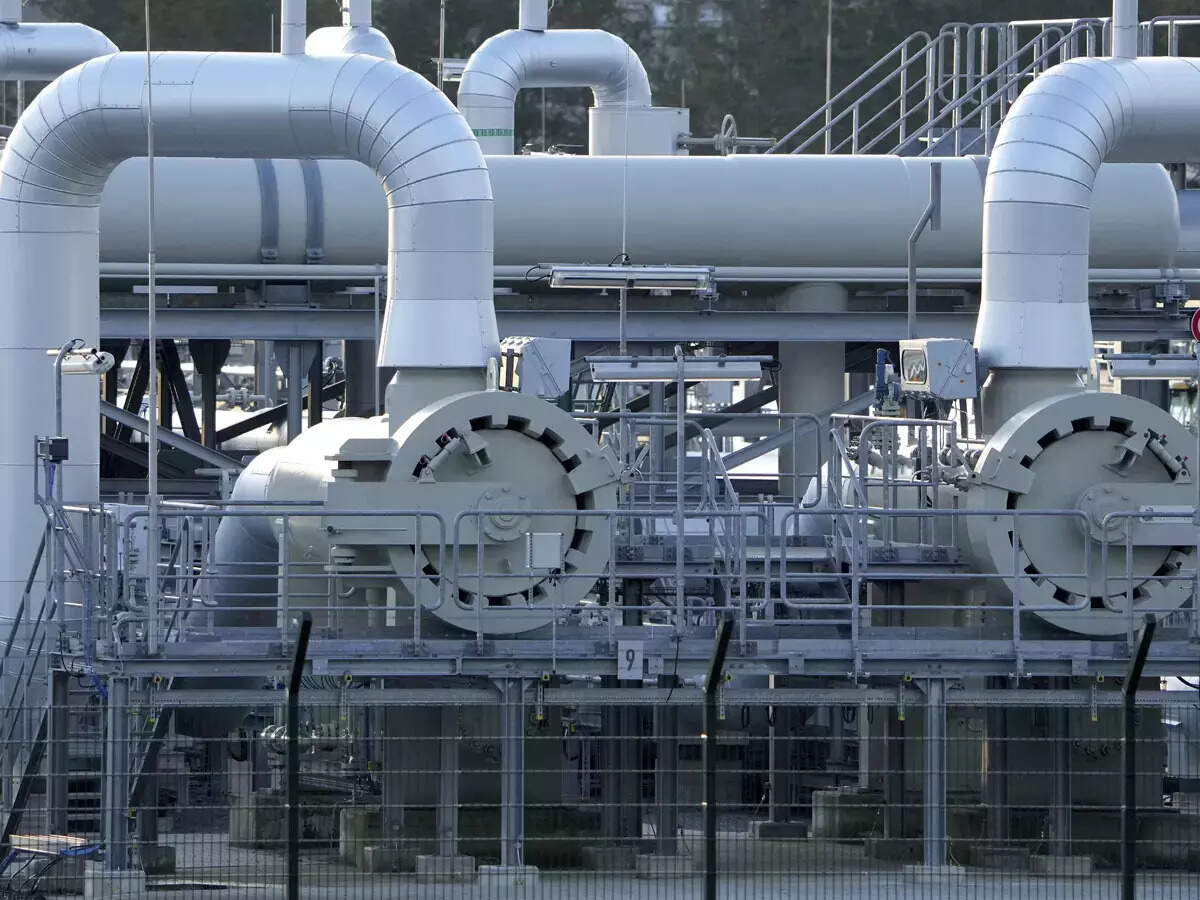
The Petroleum and Natural Gas Regulatory Board (PNGRB) is re-evaluating a rule on performance bank guarantees for city gas companies that has benefited the likes of Adani Gas, Indian Oil and GAIL.
The current rule allows the downstream regulator to reduce the performance bank guarantees (PBG) required of city gas licensees to 40% of the initial amount after they have completed their minimum work programme (MWP). Recently, PNGRB allowed a reduction in the PBG by GAIL Gas Ltd and Indian Oil Adani Gas Pvt Ltd after the two entities completed their MWP in their respective licensed areas of Bengaluru and Daman.
After having allowed some city gas companies to benefit from this rule, the regulator is now having a rethink as several companies, which have completed MWP, have queued up with their requests for PBG reduction, according to people familiar with the matter. “A differentiated approach is needed,” a source close to PNGRB said. Companies that have submitted high-value performance bonds need some relief as their increased financial cost could escalate cost for gas consumers, he said, adding that the companies that have submitted small amounts of PBG do not have a strong case for relief. “How will PNGRB enforce the licensing rules for the rest of the contract period if their PBG is reduced to a very small amount?” he added.
The regulator can encash PBG if city gas companies fail to lay infrastructure or provide quality service to customers during the license period.
In a few past bidding rounds, city gas licences were awarded to companies that offered the highest amount of PBG. In many of those cases, winners offered hundreds of crores worth of PBG. But as they started rolling out infrastructure and services, the high PBG added to their cost and affected their profitability.
In many other licensing rounds, PBG was not the criteria for winning licences and so the amounts of PBG offered were small, something around INR 15-20 crore. Now the winners in these rounds too want to benefit from the PNGRB rule of PBG reduction following the completion of MWP. This has prompted the regulator to relook at the rule. The government wants to increase the share of natural gas in the country’s primary energy mix to 15% by 2030 from the current 6%. The rapid expansion of city gas distribution is a key government strategy to increase gas penetration in the economy.

